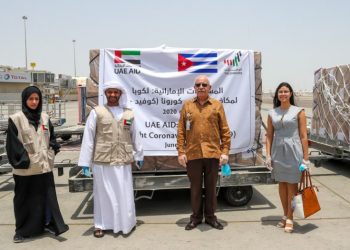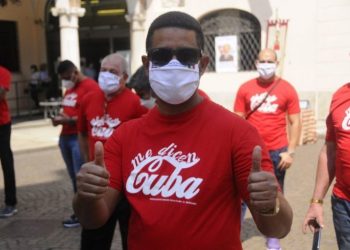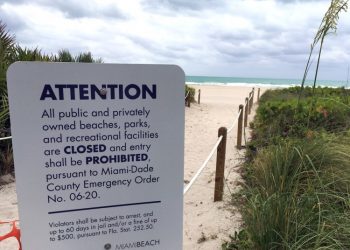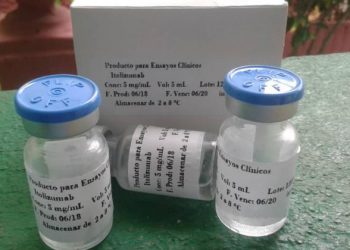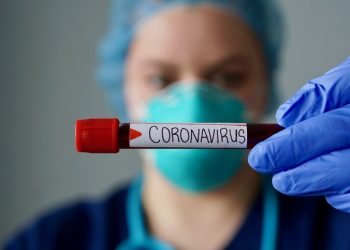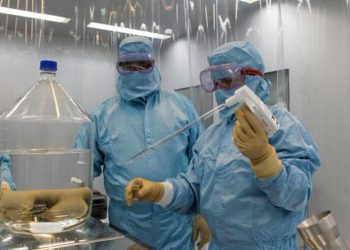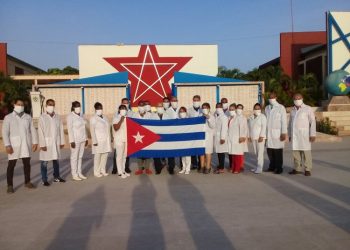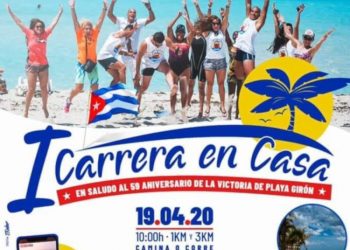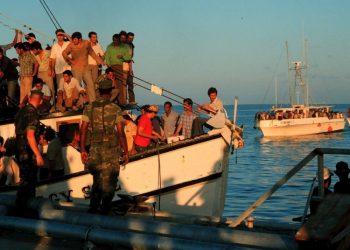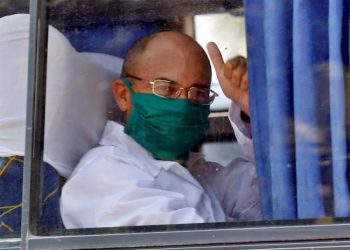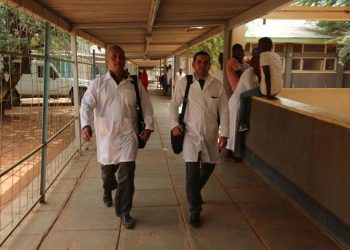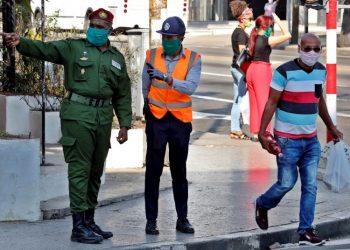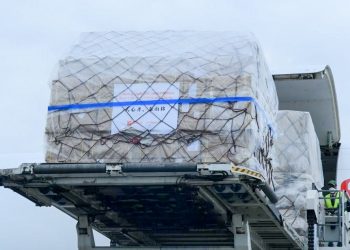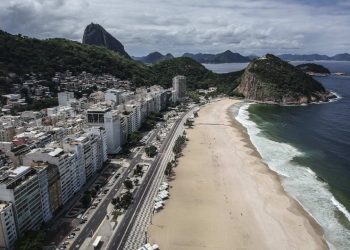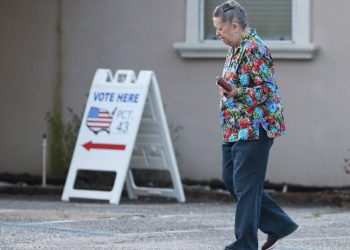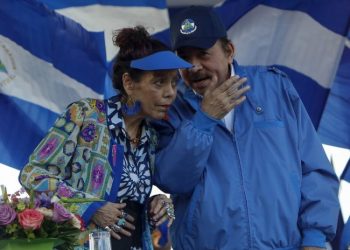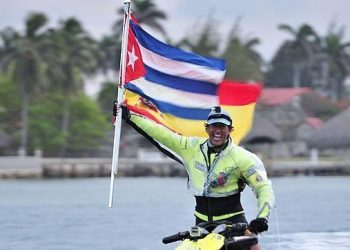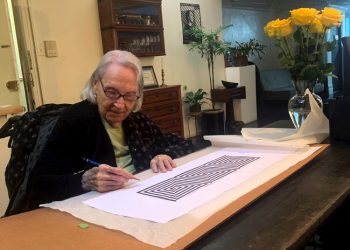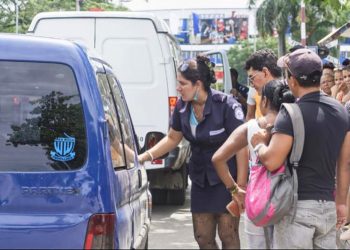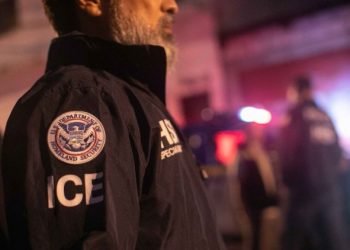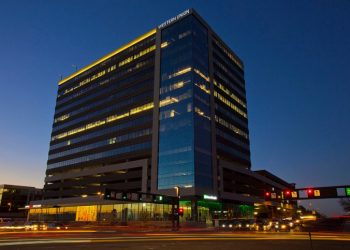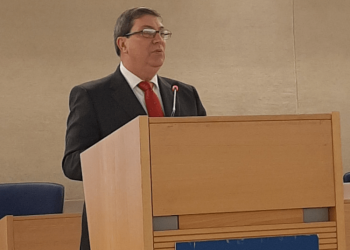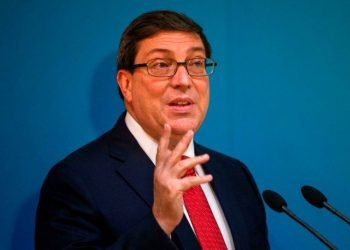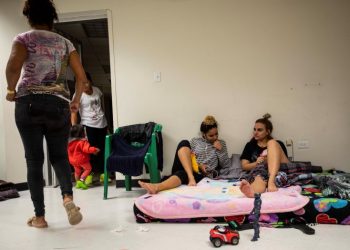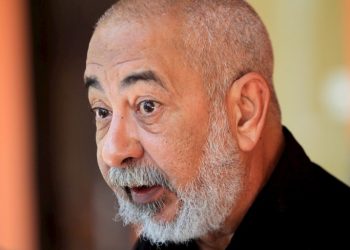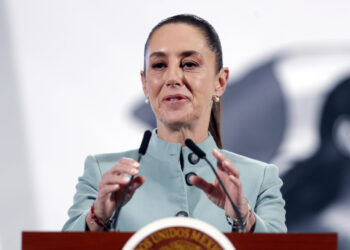United Arab Emirates sends medical aid to Cuba
Help us keep OnCuba alive The government of the United Arab Emirates (UAE) sent an airplane with eight tons of medical supplies to Cuba this Thursday, to help the task of doctors and health personnel against the coronavirus pandemic. “By sending aid, the UAE authorities are sending a message of support and solidarity with Cuba and its front-line workers, many of whom have volunteered to fight the virus in other countries,” said the Emirati ambassador in Havana, Bader Abdulla Saeed Almatroshi. In statements reported by the official Emirati WAM news agency, the diplomat applauded the “courage and determination” of these medical professionals. https://twitter.com/UAEAid/status/1268483103280058368 In the past five years, the Arab country has sent 12 million dollars’ worth of aid to Cuba, while during the coronavirus crisis it has delivered more than 700 tons of supplies to some 62 countries, according to WAM. According to the latest data from the World Health Organization, Cuba has so far registered 2,092 cases of coronavirus and 83 deaths, well below the 35,788 infections and 269 deaths recorded in the Emirates. The Cuban government has consistently denounced the difficulties caused by the U.S. “blockade” for the arrival of aid and donations sent by third countries,...

